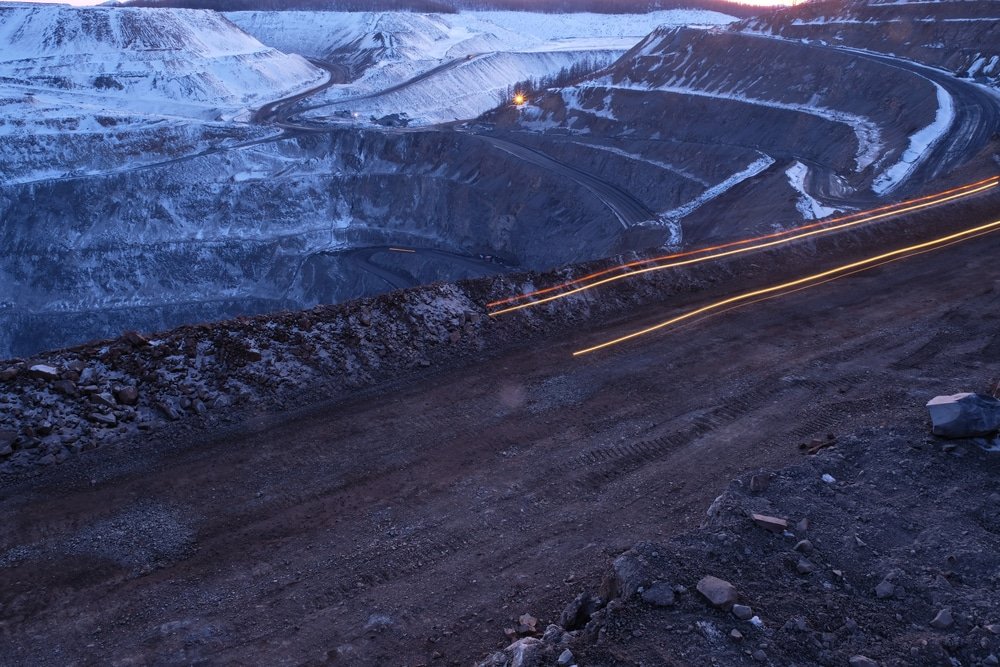In a strategic move to diversify its economy away from oil, Saudi Arabia has entered the global mining industry with a $2.6 billion deal to buy a 10% stake in Vale SA’s base metals division.
The Saudi investment is a joint venture between the country’s sovereign wealth fund and state mining company, Ma’aden. The deal with Brazil’s largest miner will close in early 2024, pending regulatory approval.
A Huge Bet on the Mining Industry
The funding gives the Gulf kingdom access to various mining sites that produce critical minerals and metals. These industrial materials are necessary for the energy transition, particularly in meeting the surging demand for electric vehicles.
Crown Prince Mohammed bin Salman focuses on the mining industry as part of diversifying the economy under Saudi Arabia’s Vision 2030. Initial investments will focus on minority equity positions in iron ore, copper, nickel, lithium, and other minerals.
Betting on these alternative energy sources, Saudi’s $170 billion mining plan will continue to attract global miners. Owning 17% of the world’s petroleum reserves, the Arab country believes that it sits on over $1 trillion worth of untapped minerals.
The kingdom seeks to explore those deposits and ramp up production to realize its decarbonization goals. Its $2.6 billion stake at Brazil’s largest miner provides the country interests in copper, nickel, and other critical minerals.
The funding represents Saudi’s first major investment into the global mining industry, according to the JV’s executive director Robert Wilt.
Critical Metals Powering the Energy Transition
Vale aims to expand mining for copper and nickel, which are both in demand for manufacturing electric cars. In line with this, the mining giant with a market cap of $67 billion, plans to invest up to $30 billion on new projects in its home country, as well as Canada and Indonesia.
The miner claimed that the new funds from Saudi raised their base metals division’s implied value to $26 billion.
Vale’s chief executive asserted that the company is “positioned to meet the growing demand for green metals essential for the global energy transition.”
And one of these critical metals is lithium, which Saudi aims to build processing facilities for as part of its plan to establish a battery supply chain. Last year, Ma’aden expressed intention to spend big in exploring battery metals over the next two decades.
In fact, the country is planning to develop a $2 billion EV battery metals plant in partnership with EV Metals Group. EVM Arabia is set to set up a $905 million battery chemicals complex in the Arab country later this year. The kingdom has also pledged to buy over a 10-year period up to 100,000 EVs.
With these plans, Saudi is joining the global movement of securing lithium, which is the key element in making EVs. Leading automakers are scrambling to get enough of this critical metal, a.k.a white gold.
For instance, Tesla has started building its own $1 billion lithium refinery in Texas. The EV pioneer also said that it needs to invest about $374 billion to mine and refine the metal.
Luxury carmaker Mercedes-Benz also aims to directly source high-quality lithium to scale up its full EV battery production. Other carmakers have the same plans as part of the global transport electrification to drive the clean energy transition.
As demand for EVs continues to grow, lithium companies are also ramping up their efforts to supply the critical metal. American Lithium Corporation, for example, provides safe and stable supply of this metal with its two large lithium deposits.
With Saudi Arabia’s goal to become a global leader in the minerals and metals market, the world can expect billions of dollars of more investment into the sector, driving the transition to a global clean energy system.

